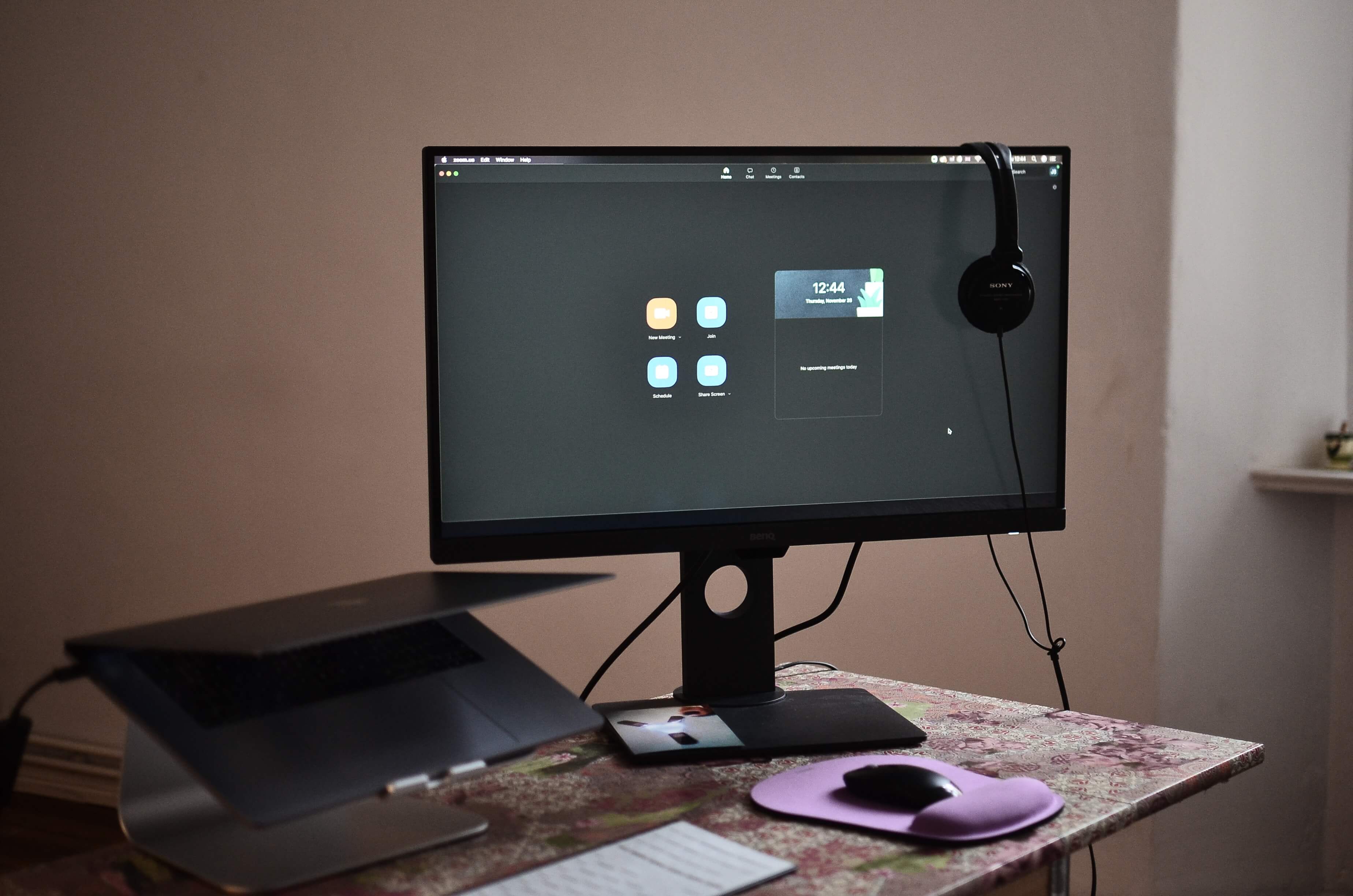5 tips to keep your business going during summertime
06 Aug, 202110mnBy Fanny Journeau, Delivery Consultant at MAHalf of the summer is already behind us, b...

By Fanny Journeau, Delivery Consultant at MA
Half of the summer is already behind us, but there’s still a few weeks to go! How to make sure we can remain effective, despite a temporarily reduced workforce? Here are some tips below.
1. Accept the slow work pace
During summertime, non-seasonal businesses tend to run more slowly. Everyone in the company will, at some point, take time off for holiday, and people will tend to associate summer with a more relaxed schedule. This will inevitably break the usual work pace, which is also likely to happen in for your clients. Unsurprisingly, common tasks can take a bit longer than usual to accomplish.
Rather than expecting to keep going the way the company would normally do, the most efficient way would be to take these elements into account, accept it, and build an organisation plan around it.
2. Build reasonable summer-time goals
The main goal of a business is to know how to adapt to its environment. This starts by setting clear goals that are adapted to this specific time that are summer months.
By trying to get everything done the way you would normally do, you could end up not living up to the expectations you have set for the business. Working towards unrealistic goals can kill motivation and create frustration. The idea here would be to lower the pressure and performance goals in the summer, to avoid the negative side effect of losing the employees’ hope of doing well. In the long run, this could be more damaging in terms of productivity than adapting the goals to the context.
For example, at MA, the sales target is under the usual level and the company organises it’s work rhythm around it.
3. Organise teamwork around the adapted summer goals
Adapting does not only imply revised targets. It also includes planning around the circumstances.
Peoples’ holiday leaves are one main element that should be communicated to the teams in advance, to allow its members to get organised around it and keep performing. This inevitably goes through team members’ communication in order to delegate work to others while on a break.
In this context at MA, we ask every collaborator to let their line manager know of their holiday plans two weeks prior to taking them to allow enough time for organization. In seasonal sectors, temporary staff can be a tool, if the business needs to hire more people during the summer to face a higher demand.
4. Allow work flexibility
During summertime, collaborators personal schedule is likely to change if they are going to spend more time doing outdoor and leisure activities, kids’ holiday will modify the household rhythm, etc. Taking that into account and enabling employees to balance work and personal life can help them to be more productive.
This can be done by putting flexible work hours in place or planning a remote work system, while setting clear rules to maintain an organised workplace.
MA in this instance has put both tools in place. In the current international context, companies’ workforce needs during summer revolve around the ability to work from any place. However, there are clear periods when full remote work is possible, as well as chore hours where everyone needs to make themselves available. Also, MA employees beneficiate from advantageous summer hours, to be able to cut from work earlier and enjoy a bit more of the sunny days!
5. Make sure collaborators are fully disconnected from work during their break
Making sure everyone gets real time off will increase the ability for employees to get fully involved in their work before and after time off.
Having a full disconnected time from work is essential to boost motivation and energy. Even though this is scientifically proven, as well as also important in terms of health, many companies, and employees themselves, do not respect that. Teams need to be able to get organised in a way that allows everyone to enjoy a restful holiday.
For example, disabling access to emails or other work notifications when on holiday, putting in place a differed send date option to avoid having to connect during time off to send a specific email, getting automatic notifications only upon return to work, are examples of small actions enabling to enjoy time off with a bit more serenity.
In the end, it’s all about planning!
Fanny Journeau



